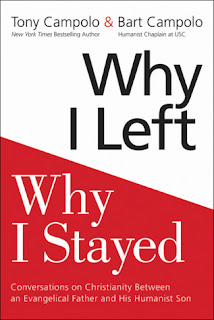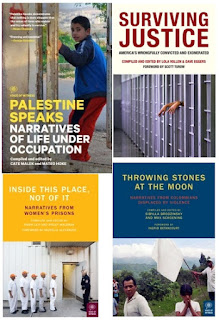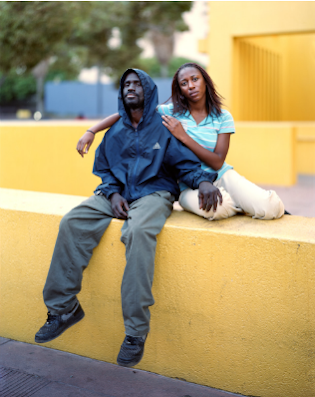In Why I Left, Why I Stayed, Tony, a renowned Christian teacher and apologist, and Bart, a humanist chaplain at the University of Southern California, seek to provide a safe space for anyone wrestling with their own—or a loved one’s—decision to stay in or leave the church, providing compelling arguments in both directions and modeling for everyone how to strongly but lovingly disagree about the things that matter most.
For anyone who has questions about the viability and truth of the Christian life or wonders what life looks like after Christianity, this book promises to be challenging, inspiring, and highly informative. Read a sneak peek excerpt here.
(Source: Red Letter Christians email)
I haven't read this book, but it looks like a great example of how people with very different views can get along and, in fact, like and love each other as people.
Click here to watch on YouTube.






















